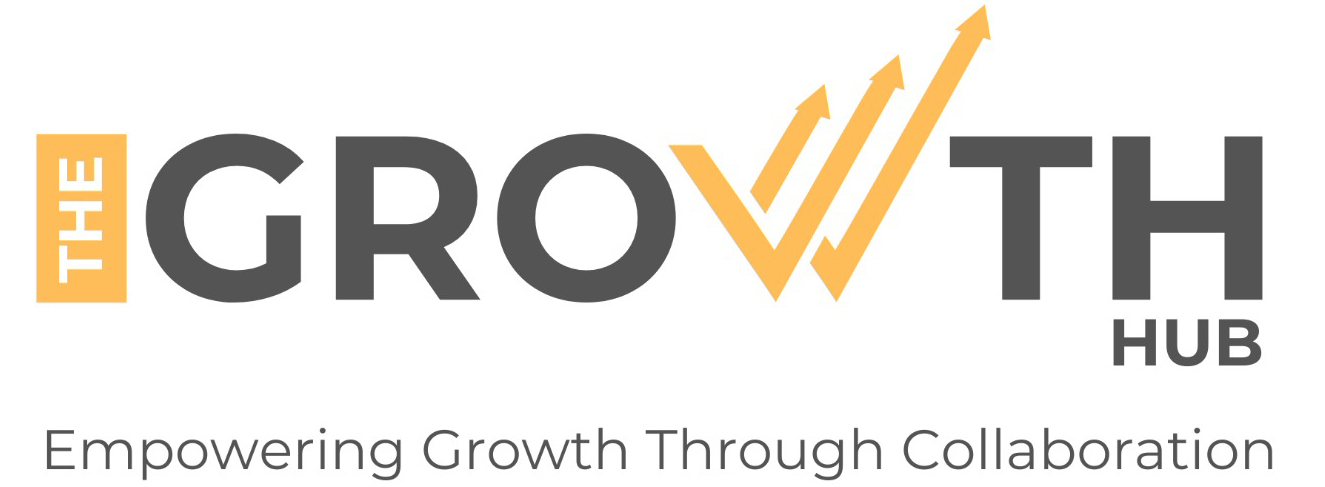
The No-Meeting Workday: How Entrepreneurs Free Up More Time for What Matters
If you own or run a business, there’s a high chance your day is fragmented. Emails, calls, updates, decisions—all competing for attention. Meetings take a big chunk of that. Many feel necessary. Some are. But most could be shorter, clearer, or removed entirely.
A recent study by the University of Sheffield showed that over 30 percent of workers found meetings unproductive, with many stating they were unsure why they’d even been invited. The cost isn’t just time. It’s mental energy. It’s focus. And without those, good work slows down.
That’s where the no-meeting workday comes in. It’s not about going silent or working in isolation. It’s about creating space for deep thinking. About recovering attention in a world full of demands. And about building the kind of mental clarity that leads to better decisions, stronger leadership, and genuine progress.
This idea blends two core principles: focus on clearing the mind to allow for stress-free productivity and training the mind to be more deliberate under pressure. The result is not just a calmer diary—it’s a more agile, focused business.
Why Meetings Feel Productive (But Often Aren’t)
Meetings give us structure. They help us feel involved. But often, they’re a way of delaying action. They can become placeholders for uncertainty or a safety net for decisions we’re not ready to make. That’s fine now and then—but not every week.
The real issue is attention residue. Switching between conversations and actual work leaves a trace. Every shift in focus slows the next task. Add five meetings to your day and you’ve split your energy five ways.
Removing even one day of meetings gives the mind a chance to settle. It allows you to enter a “high-performance mindset”—not one of constant activity, but one of deliberate intention.
What a No-Meeting Workday Really Is
Think of it as an unbroken block of time set aside to do what matters most. For one day a week, you remove meetings, check-ins, and video calls. You give yourself and your team permission to focus, to think, and to finish.
This doesn’t mean you’re unavailable. It means you're working differently. You’re choosing depth over speed. Reflection over reaction. Completion over conversation.
For many, that’s when the real work finally gets done.
How to Set One Up
Start by picking a day. Many business owners choose Wednesdays or Fridays. The middle of the week gives you breathing space. The end of the week helps you finish strong.
Block it out in your calendar. Let your team know this isn’t a quiet day—it’s a focused one. Explain the goal. Remove ambiguity. Set some ground rules, like only messaging if something is urgent.
Then prepare. Make a short list the day before of what really needs your attention. Two or three tasks, maximum. Clear, specific, outcome based.
This is called “defining the work”. You’re not just being busy. You’re choosing where to place your energy.
What to Expect
At first, it might feel odd. You’ll check your inbox more than you need to. You might feel you’re missing something. That’s normal. We’ve trained ourselves to be reactive.
But stick with it.
After a few sessions, you’ll notice something shift. Tasks get finished faster. Decisions get made with more clarity. You’ll stop repeating work or losing track of what matters.
This kind of progress compounds. A single no-meeting day can improve the quality of the rest of your week. It gives you mental space to process, to plan, and to lead.
What You’ll Gain
1. Less noise
Fewer interruptions mean you can enter deep work. Not half-work. Not “reply while listening to a meeting” work. Actual, focused, productive effort.
2. More insight
Without constant meetings, you spot patterns. Problems stand out more clearly. You start thinking about the system, not just the symptoms.
3. Greater agency
You remember that you're in charge of your time. Not your calendar. Not your inbox. You.
4. Better conversations later
When you’ve had time to reflect, your meetings later in the week become sharper. Less waffle. More action.
For Teams and Larger Businesses
This isn’t just for solo entrepreneurs. Many companies are beginning to experiment with no-meeting days. Some set aside one afternoon a week. Others have full “deep work” days.
In these environments, people take more ownership of their time. Collaboration doesn’t stop—it gets smarter. Instead of constant updates, people share progress in better ways. Written notes. Recorded walk-throughs. Focused stand-ups.
The trick is clarity. Everyone needs to know what’s expected. Not less communication, just better communication.
Conclusion
A no-meeting workday isn’t a novelty. It’s a tool. One designed to help you recover attention, restore clarity, and produce real results.
If you’re always chasing time, if you end each week wondering what you actually achieved—try protecting just one day. Use it to think, to create, to close the loop on something that matters.
